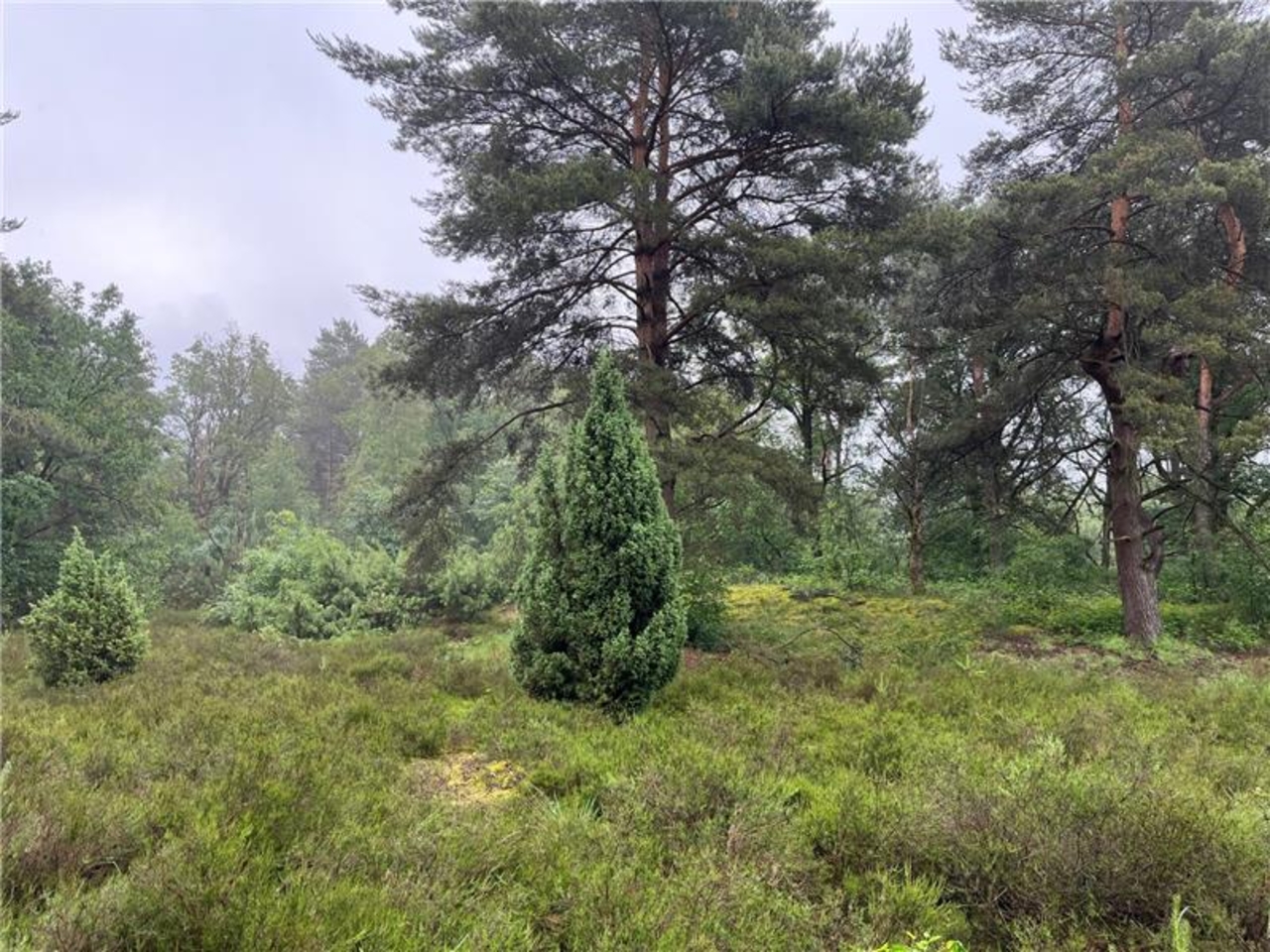Land-use change in horst ann de Maas, the Netherlands
Challenges and opportunities for forest restoration

Integrative forest management in the Netherlands, Horst an der Maas. Photo: Gesche Schifferdecker
This study investigates how changing land-use in the Kronenbergse forests located in Horst aan de Maas, the Netherlands, may create challenges or opportunities for forest restoration by interviewing 18 stakeholders involved in land-management.
This study investigates how changing land-use in the Kronenbergse forests located in Horst aan de Maas, the Netherlands, may create challenges or opportunities for forest restoration. Drawing on 18 stakeholder interviews, the study found that stakeholders mainly perceive recreational developments as the largest land-use change that has influenced the forests. Four narratives emerged on the implications of these developments for forest restoration: (1) Destruction without dialogue; (2) Managing trade-offs; (3) Restoration by recreation; and (4) Farmers bear the burden. Stakeholders held different views on how land-use changes, especially recreational developments, have impacted the Kronenbergse forests. Some groups see the forest as destroyed while others see recreational developments as an opportunity for forest restoration. Perceptions of decision-making power also varied, with some groups feeling excluded and others perceiving these “excluded” groups as influential. Past governance of land-use changes shaped stakeholder interest in restoration, with negative experiences creating distrust and lack of interest. Most stakeholders called for more communication and engagement, though their goals differed based on their specific concerns. These findings highlight the need for creating a shared understanding of land-use impacts and decision-making power, recognition of past grievances related to land-use governance, and developing tailored communication strategies to support future forest restoration.
- Implementation
- Social & Stakeholder
- Landowners & Practitioners
- Planners & Implementers
- Policy Actors
- Atlantic
- Netherlands

